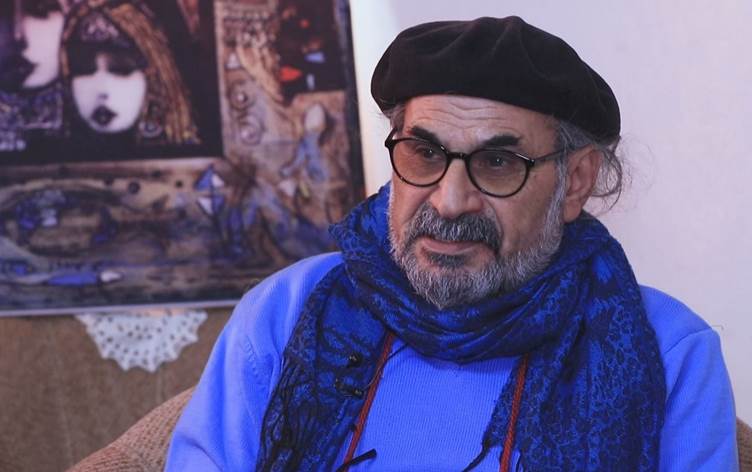Aras Haso
Poetry, especially for Kurdish poets, is something they can express their spiritual, mental, and life issues. Then, only poetry can heal the wounds of an oppressed society. Although many other genres such as poetry and novels have emerged in our time, it can be said that many Kurdish poets have remained in the poetry and have rewritten Kurdish suffering in their poems. “If there was not this legacy of poetry, I would have killed myself long ago,” says Ahmad Hosseini, so we understand that a dominant society can live without poetry, but the oppressed cannot live without poetry. Poetry has become the beginning and the end of life.
In the field of modern Kurdish literature, Ahmad Hosseini is one of the bases of the development of modern poetry. I won't talk about the beginning. In modern poetry, through allegory and metaphor, Husseini's words flow like water down the throats of his readers. In our Kurmanji Kurdish, although our linguistic roots have suffered several major and terrible attacks, in Husseini's poetry, the linguistic codes in the form and style of poetry, wrapped in words, of course, we say this to the new generations. Over time, literacy has increased too.
The literacy of each period may differ from Husseini's style of poetry, especially today postmodern poetry has risen in Kurdish poetry. Then the question is, how many of us Kurds have read classical poetry from Khani and Jaziri to modern and postmodern poetry? Therefore, poets such as Hosseini have become a bridge between classicism and modernity and look at Kurdish poetry through the lens of several eras.
When we Kurdish youth started reading poetry, one of them was the poems of Ahmad Hosseini. We grew up with his poems, and we can even say that we were influenced by him for many reasons. Among them were youthful words, patterns, and thoughts. People could easily understand the purpose and meaning of the poem, with simple and beautiful words, and could make great use of linguistic codes to decide which subjects, styles, and techniques were appropriate. This was not only done by youth; it certainly had an impact. Today in the western part of Kurdistan, poetry has been able to penetrate the hearts of all people and youth with its humility and purity of heart.
In 2016, when Ahmad Hosseini returned to the western part of Kurdistan, I met him at a night conference in Kobani. When it was his turn to read his poem, I saw him with an A4 file on the table. I told my friend, "This is a novel, not a poem, it won't be finished by tomorrow." But when he began to read the poem, we saw him writing a couple of sentences on each page, and he put his paper on the table with each sentence.
I later found that Ahmad Hosseini had written his words on large pages because of his bad eyesight. I met him face to face that night. He looked at the streets of Kobani, looking deeply at the scenes of the ruins, deeply hurting, and words of poetry came out from his mouth. Then we realized how much it hurt. His words were full of pain.
From the burning of the Amud cinema to the western part of the Kurdistan revolution, from war, resistance, and destruction, all this was evident in his life, in the wrinkles on his face, and in his words. Because of this characteristic and kindness, everyone calls him uncle. He is a dear uncle in the hearts of his loved ones. He is such an uncle that he stands for the youth not only with his pen but also with his soul, his life, and his care.
In the West part of Kurdistan, with the development of linguistic, cultural, and literary activities, he began to support the youth and strengthen the will of his youth.
When we enter his poems, like classic Jaziri poetry, the pain and burning of love prevail. We witness that during his stay in the Western part of Kurdistan, many boys and girls began to write poetry, stories, and novels. Though infrequent or weak, the development of writing, particularly among youths, was strengthened.









